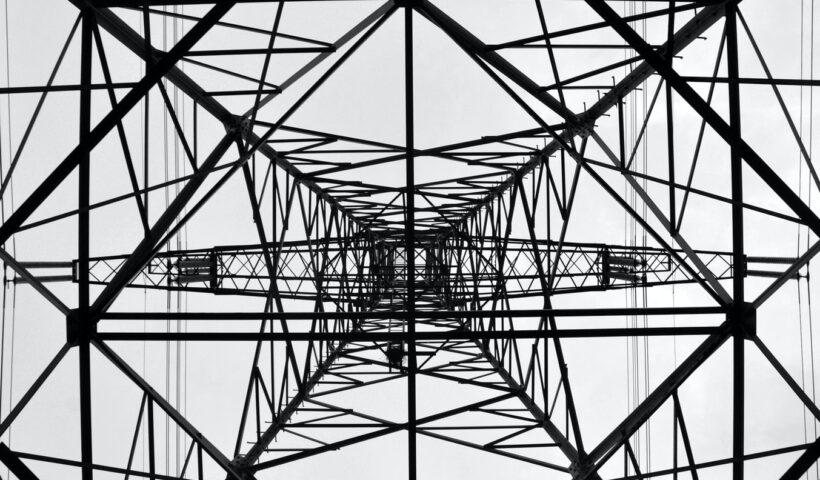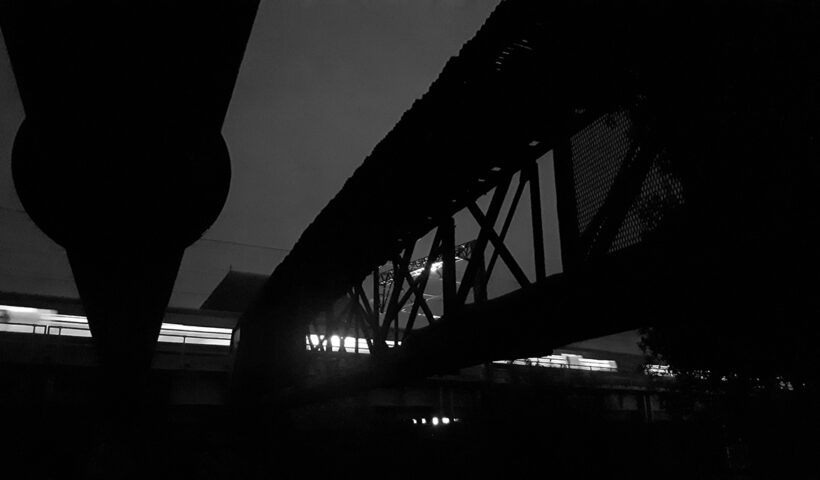Infrastructures are technologies which facilitate fundamental operations and systems within a society (Cambridge Dictionary n.p.). Infrastructures often appear mundane, with examples including roads, public transport systems and government buildings. However, their pervasiveness, alongside the roles they play in the structuring of everyday existence, make infrastructures political objects. Anand, Gupta, and Appel (2018) describe infrastructures as “social, material, aesthetic, and political formations that are critical both to differentiated experiences of everyday life and to expectations of the future” (3). This understanding informs Infrastructure Studies, a critical field which examines how experience with infrastructure informs the material conditions and political imaginations of citizens.
View More Neoliberal Façades, Concrete Utopias: The Infrastructure of Weird FictionTag: utopia
From Predictive Product to Polyphonic Practices: Techniques of Futuring Beyond Business-as-Usual
In this essay I outline the origins of the feeling that the future has been stolen, by showing that rather than having been taken away, it is more the case that we have been peddled a singular, monolithic future—a future of business-as-usual, both literally and figuratively—whose contradictions have become impossible to ignore. I illustrate this hegemony by reference to the development of positivist models and methods of futurity in the corporate sector; to the traducement of social-scientific approaches to futuring and utopianism, in the academy and beyond; and to the emergence and mainstreaming of environmental issues.
View More From Predictive Product to Polyphonic Practices: Techniques of Futuring Beyond Business-as-UsualWill 2017 be 1984?
As part of Birkbeck’s Arts Week 2017, we organised a panel titled "Will 2017 be 1984" (you can listen to a podcast recording of the panel here) which considered the uncanny relevance of Orwell’s novel…
View More Will 2017 be 1984?


